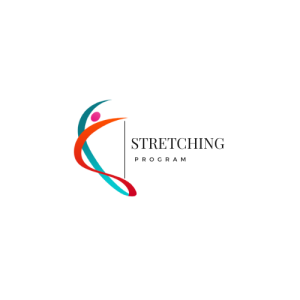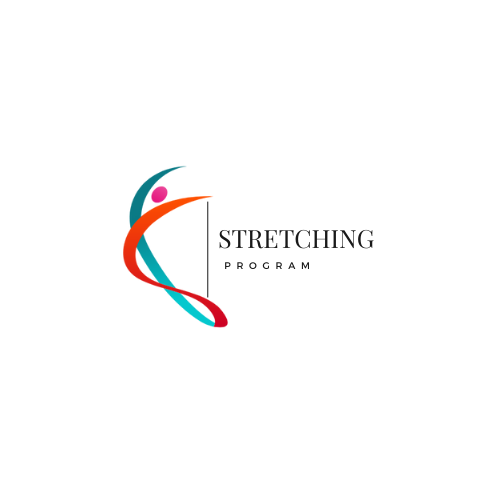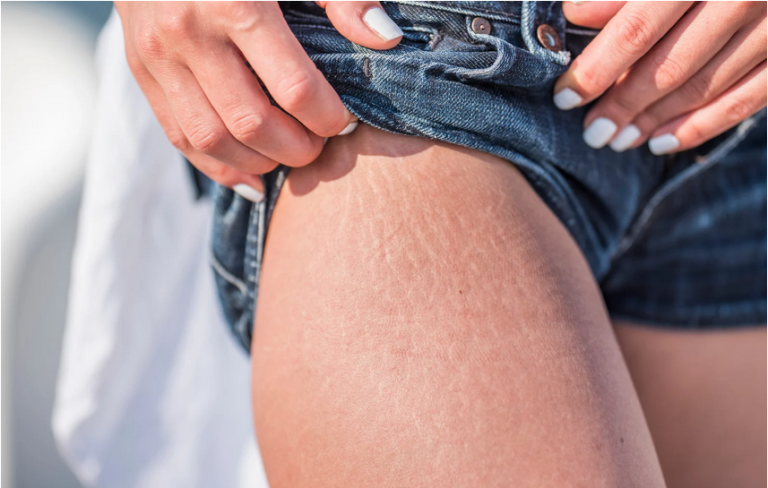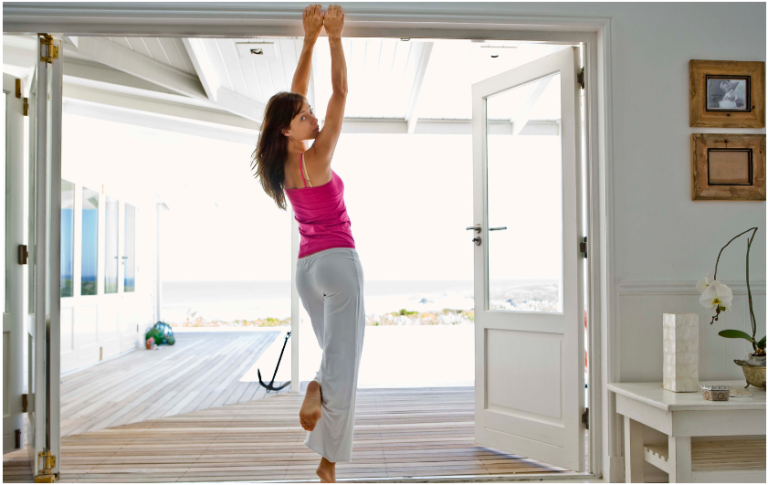
Why Do Muscles Crack When Stretching? Exploring the Phenomenon

Have you ever wondered why your joints make a cracking or popping sound when you stretch? Do you crack your knuckles or other joints regularly? Do you worry that cracking and popping might cause arthritis or other problems? If you’ve ever felt curious or concerned about the noises in your joints, this article is for you. We’ll explain what causes joint cracking, whether it’s bad for you, how to stop your joints from popping, and how to keep them healthy and lubricated like motor oil.
What is joint cracking?
Joint cracking, or joint popping, is the sound and sensation that occurs when you move or manipulate a joint, such as your knuckle, knee, or neck. You might hear a loud snap, crackle, or pop or feel a release of pressure or tension. Joint cracking can happen spontaneously or intentionally, such as when you crack your knuckles or visit a chiropractor.
What causes joint cracking?
Some different theories and mechanisms explain why joints crack, but the most widely accepted one involves creaking and cracking sounds and is called cavitation. Cavitation is the formation and collapse of bubbles in a fluid, which can lead to a cracking sound in joints. You have synovial fluid in your joints, which helps lubricate and cushion the bones and cartilage. Synovial fluid contains dissolved gases, such as nitrogen and carbon dioxide. When you stretch or bend a joint, you create a space between the bones, reducing the joint’s pressure. This causes the dissolved gases to form tiny bubbles, which collapse or burst when the pressure is restored. This creates a popping sound and a feeling of relief.

Is joint cracking bad for you?
The short answer is no; joint cracking is not bad for you, as long as it doesn’t cause pain or swelling. There is no evidence cracking your joints causes arthritis, though the cracking sound concerns some people. Some studies have suggested that joint cracking might have benefits, such as increasing the range of motion, relieving stiffness, and improving joint function. However, you should see a doctor if you experience pain, discomfort, or inflammation when you crack your joints or if your joints are swollen, red, or warm to the touch. These could be signs of an underlying condition, such as arthritis, infection, or injury.
How do you keep your joints healthy and lubricated?
Joint cracking is not harmful, but insufficient to keep your joints healthy and lubricated. It would help if you also cared for your muscles and soft tissues, which support and protect your joints. Here are some tips to help you maintain your joint health:
- Stay hydrated. Water is one of the primary components of synovial fluid, and it helps keep your joints lubricated and flexible. Aim to drink at least eight glasses of water a day, or more if you exercise or sweat a lot, to keep joints lubricated and reduce the chance of cracking and creaking.
- Eat a balanced diet to maintain healthy tendons and ligaments. Your diet affects your joint health, providing the nutrients your body needs to repair and regenerate your tissues. Ensure you get enough protein, calcium, vitamin C, omega-3 fatty acids, and antioxidants, essential for building and maintaining your bones, cartilage, tendons, ligaments, and connective tissue.
- Exercise regularly. Physical activity helps strengthen your muscles, improve your posture, and increase your blood flow, benefiting your joints. Aim for at least 150 minutes of moderate-intensity exercise a week, or 75 minutes of vigorous-intensity exercise. Include various activities like cardio, strength training, and flexibility exercises. Stretching is especially important, as it helps prevent muscle tightness and keep your joints mobile.
- Avoid overuse and injury to protect your tendons and ligaments from becoming rougher. To keep your joints from cracking and popping. Repeating the same movements over and over or putting too much stress on your joints can cause wear and tear, inflammation, and pain. Try to vary your activities and avoid those that cause you discomfort or strain. Use proper equipment and technique, and warm up before and cool down after your workouts to avoid rougher movements that can harm joints. If you injure yourself, rest, ice, compress, elevate the affected area, and seek medical attention.
- Consider assisted stretching. Assisted stretching is a form of practitioner-assisted manual therapy that involves applying gentle pressure and traction to your joints and muscles to improve flexibility, mobility, and alignment. It can help relieve pain, stiffness, and tension, prevent injuries, and reduce cracking sounds in joints. You can find a certified assisted stretching therapist near you or try self-assisted stretching exercises at home.
Summary
Joint cracking is a common phenomenon that occurs when you move or manipulate a joint, such as your knuckle, knee, or neck. It is caused by the formation and collapse of bubbles in the synovial fluid, which lubricates and cushions your joints. Joint cracking is not harmful as long as it doesn’t cause pain or swelling, and it might even have some benefits, such as increasing the range of motion, relieving stiffness, and improving joint function. However, joint cracking is insufficient to keep your joints healthy and lubricated. It would help if you also cared for your muscles and soft tissues, which support and protect your joints. To maintain your joint health, you should:
- Stay hydrated
- Eat a balanced diet
- Exercise regularly
- Avoid overuse and injury
- Consider assisted stretching
We hope you enjoyed this article and learned something new about your joints, including how to prevent cracking sounds. If you have any questions or comments, feel free to leave them below. If you want to learn more about improving your health and wellness, including stopping your joints from popping, don’t forget to subscribe to our newsletter and get a free 30-minute consultation with one of our experts. Just complete the data rights request form and read and agree to our terms and conditions. Thank you for reading!
Sure, I can try to rewrite the text in your style of writing. Here is what I came up with:
FAQs
Do you ever hear a cracking sound when you stretch your muscles? If so, you might wonder what causes it and whether it’s harmful. Here are some common questions and answers about muscle cracking during stretching.
Is it bad to crack your muscles when you stretch?
No, cracking your muscles when you stretch is usually harmless and does not mean you are injuring yourself. However, if you feel any pain or discomfort along with the cracking sound, you should stop stretching and see a doctor.
Does cracking mean your muscles are tight?
Not really. Cracking can happen in people with both tight and flexible muscles. It has more to do with how your joints move and the release of gas bubbles or the rubbing of tendons against bone.
Can you stop your muscles from cracking when you stretch?
You may not be able to prevent your muscles from cracking completely, but you can reduce the chances by keeping your joints healthy and flexible. Regular exercise and stretching can help you do that.
When should you worry about muscle cracking?
You should be concerned if your muscle cracking is accompanied by pain, swelling, or limited range of motion. These could be signs of an underlying condition or injury that needs medical attention.
Could muscle cracking be a sign of arthritis?
Sometimes, muscle cracking can be linked to arthritis. But not all muscle cracking means you have arthritis, and you need a proper diagnosis to find out the cause.
Could muscle cracking be caused by muscle imbalances?
Yes, muscle imbalances can cause muscle cracking during stretching. When some muscles are stronger or tighter than others, they can affect how your joints move and cause more friction and cracking sounds.



